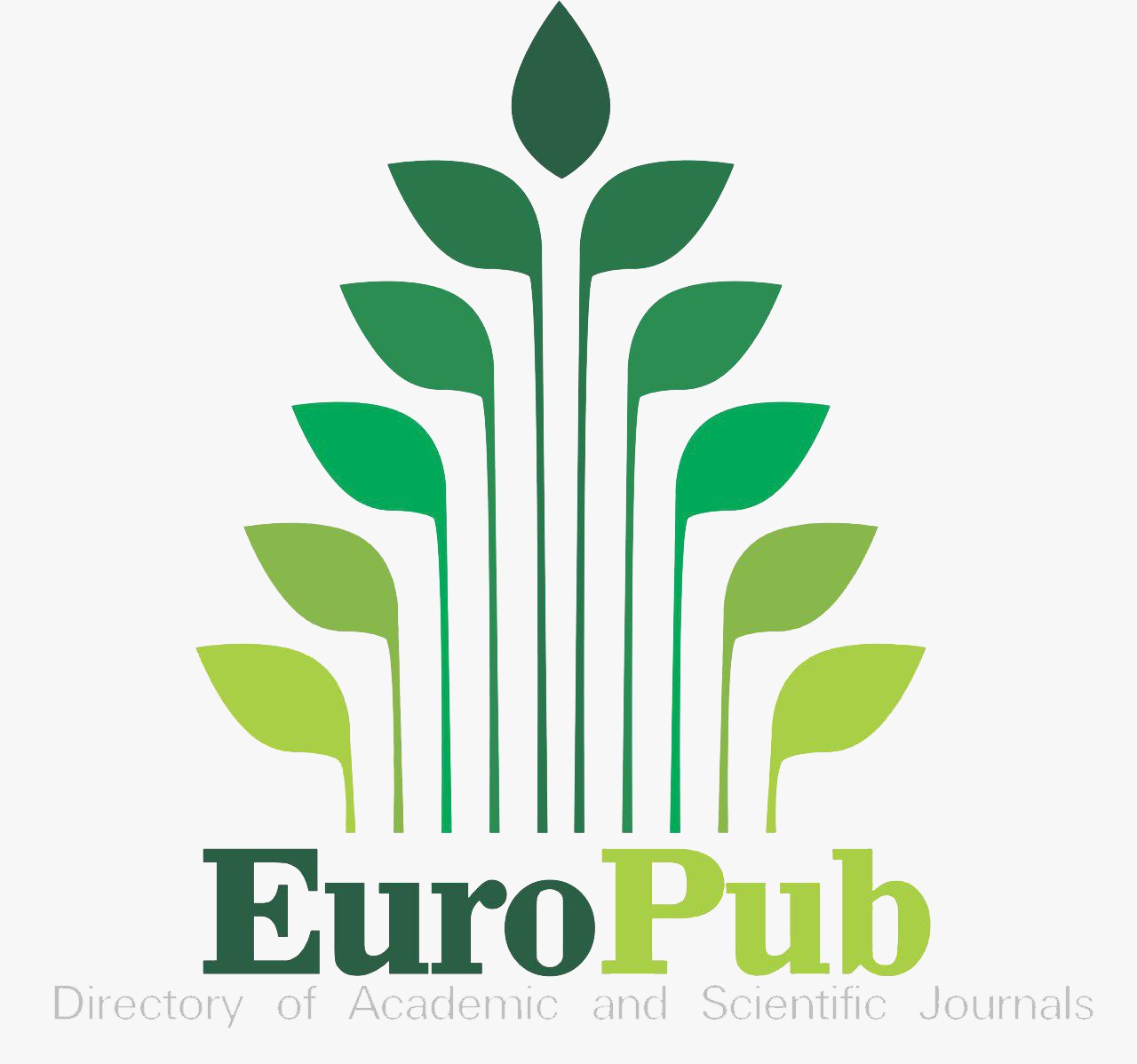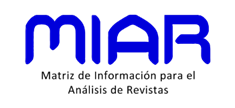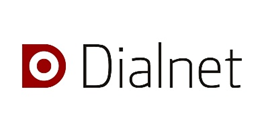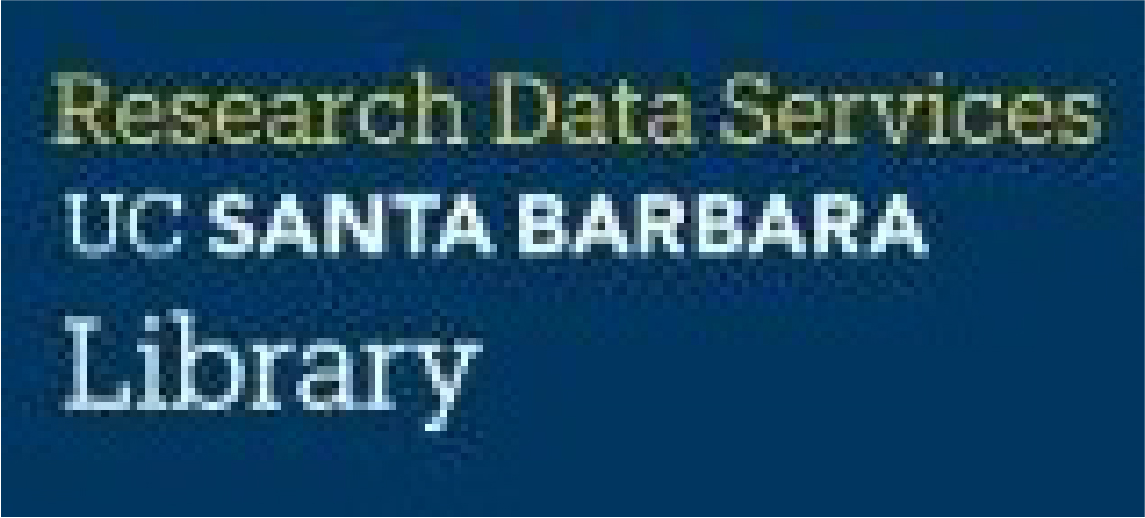THE TEACHER AS A TRANSFORMING INTELLECTUAL: CRITICAL REFLECTIONS ON PEDAGOGICAL AUTONOMY IN TECHNOCRATIC EDUCATIONAL SYSTEMS
DOI:
https://doi.org/10.56219/dialctica.v1i26.4397Keywords:
Teacher autonomy, technocratic rationality, reflective practice, action research, educational transformationAbstract
This essay critically examines the tension between teacher autonomy as a transformative intellectual and the technocratic educational systems predominant in Latin America. Through a reflective analysis supported by a systematic review of specialized literature, it argues that contemporary educational reforms, driven by commitments to international organizations, have progressively reduced the role of teachers to a mere implementer of top-down curricula. The results of the analysis suggest that action research and reflective practice are fundamental avenues for recovering teacher agency, enabling the generation of contextualized pedagogical knowledge relevant to the sociocultural realities of educational communities. It concludes that it is imperative to reposition teachers as agents of social change and active researchers of their own practice, capable of exercising critical professional judgment in the face of the technocratic impositions that characterize contemporary educational systems.
Downloads
References
Contreras, J.(2018). La autonomía del profesorado. España: Morata.
Díaz Barriga, Á. (2020). De la integración curricular a las políticas de innovación en la educación superior mexicana. Perfiles Educativos, 42(169). 160-179 https://doi.org/10.22201/iisue.24486167e.2020.169.59478 DOI: https://doi.org/10.22201/iisue.24486167e.2020.169.59478
Diaz-Ducca, J. (2023). Critical thinking in English teacher training: Coi model and freire’s critical pedagogy critical [Tesis doctoral]. Repositorio institucional. http://hdl.handle.net/10791/410
Elliot, J. (2005). La investigación-acción en educación (4.ª ed.). España: Morata.
Freire, P. (1970). Pedagogía del oprimido. Buenos Aires: Siglo XXI Editor
Giroux, H. A. (1997). Los profesores como intelectuales: Hacia una pedagogía crítica del aprendizaje. Argentina: Paidós
Hill-Cloyd, J. C., & Miller, C. L. (2023). Between mandates and molding minds: The challenge of teacher autonomy today. Undergraduate Research Journal for the Human Sciences, 16(1). New Prairie Press. https://newprairiepress.org/urjhs/vol16/iss1/6
Ortega, P. (2014). Pedagogía crítica en Colombia: Un estudio en la escuela de sectores populares. Sophia, 10(2), 181-194.
Pérez-Díaz, J., Macea-González, K., & Montes-Miranda, A. (2020). El papel de la pedagogía crítica, el enfoque reflexivo y la andragogía en la transformación de las prácticas pedagógicas. Hojas y Hablas, 19, 122-138. https://doi.org/10.29151/hojasyhablas.n19a7 DOI: https://doi.org/10.29151/hojasyhablas.n19a7
Puiggrós, A. (2019). Luchas por una democracia educativa (1995-2018). Argentina: Galerna.
oz Faraco, C. C., & Pascual Gómez, I. (2021). Beneficios de la investigación-acción en un programa de formación docente. REICE. Revista Iberoamericana sobre Calidad, Eficacia y Cambio en Educación, 19(2), 73-88. https://doi.org/10.15366/reice2021.19.2.005 DOI: https://doi.org/10.15366/reice2021.19.2.005
Schön, D. A. (1992). La formación de profesionales reflexivos. Buenos Aires: Paidós.
Torres Santomé, J. (2010). La justicia curricular: El caballo de Troya de la cultura escolar. España: Morata.
Zeichne, K. M. (1995). Volver a pensar la educación “Prácticas y discursos educativos”. (Congreso Internacional de Didáctica). (Vol. II). España: Morata.
Downloads
Published
How to Cite
Issue
Section
License

This work is licensed under a Creative Commons Attribution-NonCommercial-ShareAlike 4.0 International License.
La revista Dialéctica conserva los derechos patrimoniales (copyright) de las obras publicadas, que favorece y permite la reutilización de los mismos bajo la licencia Creative Commons Atribución-NoComercial-CompartirIgual 4.0 , por lo cual se pueden copiar, usar, difundir, transmitir y exponer públicamente, siempre que se cite la autoría y fuente original de su publicación (revista, editorial, URL y DOI de la obra), no se usen para fines comerciales u onerosos y se mencione la existencia y especificaciones de esta licencia de uso. Si remezcla, transforma o crea a partir del material, debe distribuir su contribución bajo la misma licencia del original.















